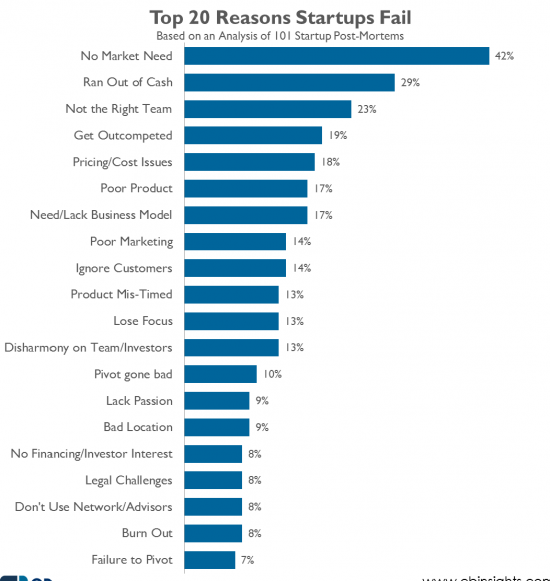Entrepreneurship is like a talent show, because when people talk about it, they only talk about the winners.
But according to Fortune magazine, 90 per cent of startups fail within the first financing year. Although the longer a startup stays in the market, the lower the chance it will fail, a New York Times article reported that only half of those startups survive after five years.
However, while successful stories are always compelling, there are certainly some lessons that the failed majority of entrepreneurs can teach us.
 Shane Blondin is a first-year business management and entrepreneurship student at Algonquin College. He said that his first startup attempt at a network marketing company didn’t last long.
Shane Blondin is a first-year business management and entrepreneurship student at Algonquin College. He said that his first startup attempt at a network marketing company didn’t last long.
“I wasn’t completely passionate about it,” said Blondin. “I wasn’t sure if I should go all in into it.”
He said that when looking back, he realized that he could have succeeded had he done the “little things that were absolutely necessary” for business.
The lack of passion might have hindered Blondin’s path, but not for long. He attended an incubator event held by Algonquin’s AC Ignite centre in late January, which gave the opportunity for young people to connect with successful entrepreneurs. Although he said he’s trying to slow down, giving himself some time to see things through, he wasted no time to approach the event’s speakers, asking them for advice.
Blondin belongs to the eight per cent of entrepreneurs who get “burnt out” along the way. The greatest problem that young businessmen have to face, however, is the lack of market. This is followed by lack of finance, scaling too fast and bad team co-operation.
“The mentality people should have to cope with failure is to see that it’s not the ending of the world,” said James Chan, programming lead at the Impact Hub Ottawa, a community dedicated to helping young entrepreneurs through social innovation and cross-sector collaboration.
Chan advised young people to familiarize themselves with failure so that when they build their companies, they can build it in such a way that failure can be detected early on. That way, a lot of time and money can be preserved for the next attempt.
